Author Archive: Democratic Audit UK
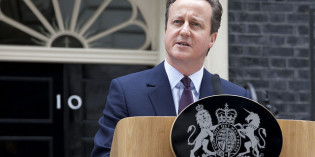
The best of Democratic Audit’s 2015 General Election coverage
The 2015 election result took almost everyone by surprise, with the Conservatives winning a narrow majority despite predictions of another hung parliament or a minority government. In addition to contributing to LSE’s General Election live-blog, Democratic Audit offered a wide range of pre- and post- election analysis. Catch up with some of the best below. […]

The 2015 election has been described as the most disproportional ever – but it wasn’t disproportional everywhere
Disproportionality is the degree of mismatch between parties’ shares of votes and their shares of seats, with measures of disproportionality usually calculated for national elections. This year’s general election was criticised by many as the least proportional ever. Chris Hanretty acknowledges that on some measures, this is a valid claim, but demonstrates that calculating a measure […]

Book Review: Class by Will Atkinson
In the short volume ‘Class’, Will Atkinson offers a concise yet thorough engagement with different theoretical conceptualisations of class by key thinkers before discussing its concrete, practical applications. Despite the book’s succinctness and particular focus on Pierre Bourdieu above other theorists, Chris McLachlan praises its precise and comprehensive traversal of various aspects of class analysis […]
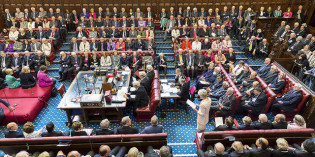
The Strathclyde recommendations, if implemented, could give rise to a de facto form of unicameralism
On 17 December, the government published a review by Lord Strathclyde on secondary legislation and the relationship between the House of Lords and the House of Commons. If the recommendations were implemented the House of Lords would lose its power to veto statutory instruments. Mark Elliott outlines three salient matters pertaining to statutory instruments, and, in the […]
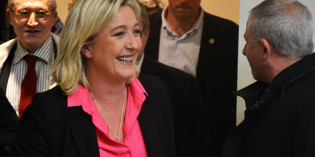
Blocking the Front National from power risks increasing its supporters’ disenchantment with the political system
Despite leading in six out of 13 regions in the first round of the French regional elections on 6 December, Marine Le Pen’s Front National finished in third place on Sunday. Chris Terry writes that this swing of fortunes is in a large part due to the two round electoral system used, which in many […]

The BBC could strengthen democratic participation by providing integrated and targeted information on elections
The license fee should and does pay for a ‘digital public space’, rather than just broadcast content. Richard Berry argues this is exactly the right approach for a public service broadcaster in the internet age, and outlines how the vision can be made a reality when it comes to the publication of election results. Similar […]
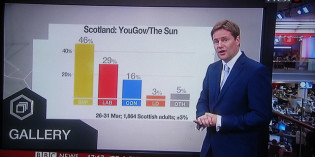
Like the polling debacle of 1992, 2015 offers an opportunity to innovate
May’s election results proved to be significantly different from the opinion polls. Since then, the leading polling organisations have devoted considerable energy to determining what went wrong and how their approaches can be improved. Following the publication of YouGov’s diagnosis, Anthony Wells discusses the main issues that were identified, possible solutions and the implications for the polling […]

Despite the tax credit U-turn a radical upheaval in support for the working poor is still underway
The government’s decision to scrap tax credit cuts was a welcome move, and (eventually) highlighted the effectiveness of the British political system’s checks and balances. However, Daniel Clegg writes that the abandoned cuts were just one part of a more drawn-out and comprehensive dismantlement of the system of cash support for low-earning households. Tax credit U-turn […]
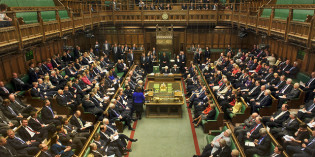
MP expenses and the media: a more informed analysis shows many MPs spend far less than allowed
Comparisons of MP expenses in the media are often highly deficient as they omit crucial explanations and qualifications, writes Raphael Heuwieser. He argues that although some parliamentarians act irresponsibly with regard to their expenses and should be held accountable, an objective and fair assessment should be used to identify them. Similar PostsDoes the online tool WriteToThem foster meaningful […]
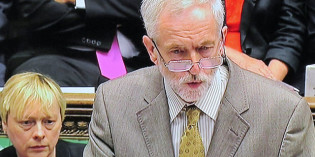
Party mechanics: Why Labour would struggle to oust Jeremy Corbyn
If moderates in the party thought the parliamentary vote on Syria might help them get rid of Corbyn as leader, they are very much mistaken, writes Tom Quinn. He argues that in fact their options look quite limited, due to Corbyn’s wider party support, the absence of any mechanism for a confidence vote on a […]



 Democratic Audit's core funding is provided by the Joseph Rowntree Charitable Trust. Additional funding is provided by the London School of Economics.
Democratic Audit's core funding is provided by the Joseph Rowntree Charitable Trust. Additional funding is provided by the London School of Economics.